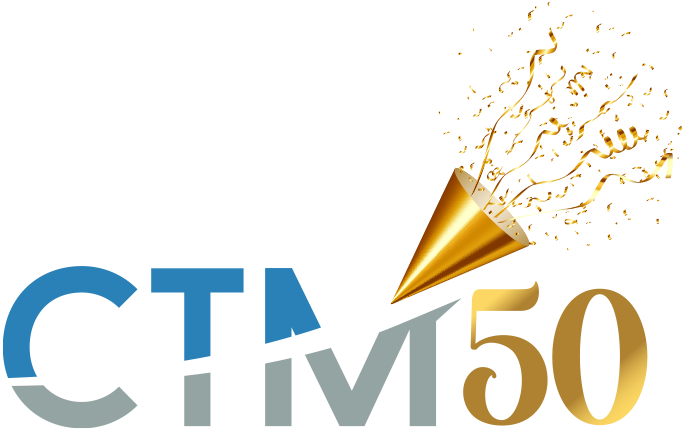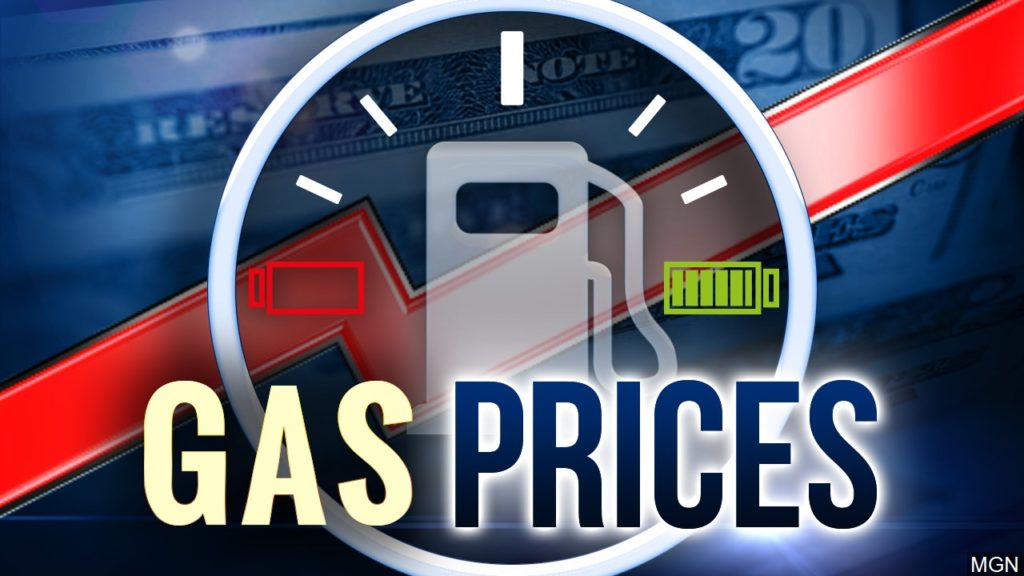The Consolidated Appropriations Act, 2021 (CAA) is the second major stimulus package enacted this year. This expansive Act provides funding for the government for the 2021 Fiscal Year and earmarks $900 billion for emergency coronavirus relief for individuals and businesses.
Below are highlights of the key provisions in the latest stimulus package:
- Economic Impact Payments – Direct financial payments of $600 for individuals earning $75,000 or less a year ($1,200 for married couples earning up to $150,000 a year) and an additional $600 for each child (for qualifying families).
- Unemployment Insurance Benefits – An extra $300 per week in UI benefits will be provided thru March 14, 2021.
- Families First Coronavirus Response Act – The refundable payroll tax credit for employers who voluntarily offer employees paid sick leave or expanded family and medical leave for specified reasons related to COVID-19 is extended thru March 31, 2021.
- Employee Retention Tax Credit – The payroll tax credit for employers retaining their employees in 2020 despite the impact of the pandemic is extended thru June 30, 2021. The Act also expands the credit rate from 50% to 70% for up to $10,000 of qualified wages paid per quarter (instead of $10,000 of qualified wages paid per year).
- Employer Paid Student Loans – The provision allowing employers to provide tax-free student loan repayment benefits (up to $5,250) to its employees is extended to December 31, 2025.
- Flexible Spending Accounts (FSA) Forfeiture Relief – Plan sponsors may allow unused 2020 funds in health care FSAs and dependent care FSAs to be rolled over and used thru December 31, 2021.
New Round and Second-Draw PPP Loans
The CAA also includes significant changes to the SBA’s Paycheck Protection Program (PPP). Title III, Economic Aid to Hard-Hit Small Businesses, Non-Profits and Venues Act (Act) allocates nearly $285 billion for new PPP loans for small businesses. Businesses that didn’t obtain a PPP loan in the initial round of loans under the CARES Act, may apply for a loan in the restarted program, but will be subject to the program’s original eligibility rules. PPP borrowers having already received a PPP loan in the first round, may obtain a second loan under the new stimulus package (up to $2 million), but they must meet the standards set under the new definition of “Small Business.” Small business is redefined as those businesses with less than 300 employees, and which have sustained at least a 25% revenue loss for one of the first three quarters in 2020 (or the fourth quarter if applying after January 1, 2021).
In general, second-draw PPP loan applicants are eligible to borrow an amount up to 2.5 times their average monthly payroll costs. However, businesses in the food service and accommodation industries (e.g., hotels, restaurants, etc.) classified as North American Industry Classification System (NAICS) 72, are eligible to borrow up to 3.5 times their average monthly payroll. Importantly, the CAA clarifies that businesses may deduct expenses paid using PPP loan funds, overriding the IRS and Treasury Department’s recent determination to the contrary.
SBA Payments of 7(a), 504 and Microloan Loans
As part of the debt relief program under the CARES Act, the SBA made payments of principal and interest (P&I) for businesses with 7(a), 504 or Microloans. The CAA resumes these payments of loans guaranteed by the SBA. However, starting in February 2021, borrowers with qualifying loans approved PRIOR to the CARES Act will receive an additional three months of P&I, capped at $9,000 per borrower per month. Following the three-month extension, certain borrowers hardest hit by the pandemic will receive an additional five months of P&I payments, also capped at $9,000 per borrower per month.
While this latest stimulus package offers relief to many entities hardest hit by this pandemic, there are several provisions not included in the Consolidated Appropriations Act, 2021, which would have provided further assistance. As a result, the incoming Biden administration will work with the next Congress to pass new legislation to continue addressing those needs until our economy fully recovers.
CTM will continue to provide updates as new information emerges. If you have any questions, please contact us at (847) 444-1040 or email domalley@ctm-cpa.com.









